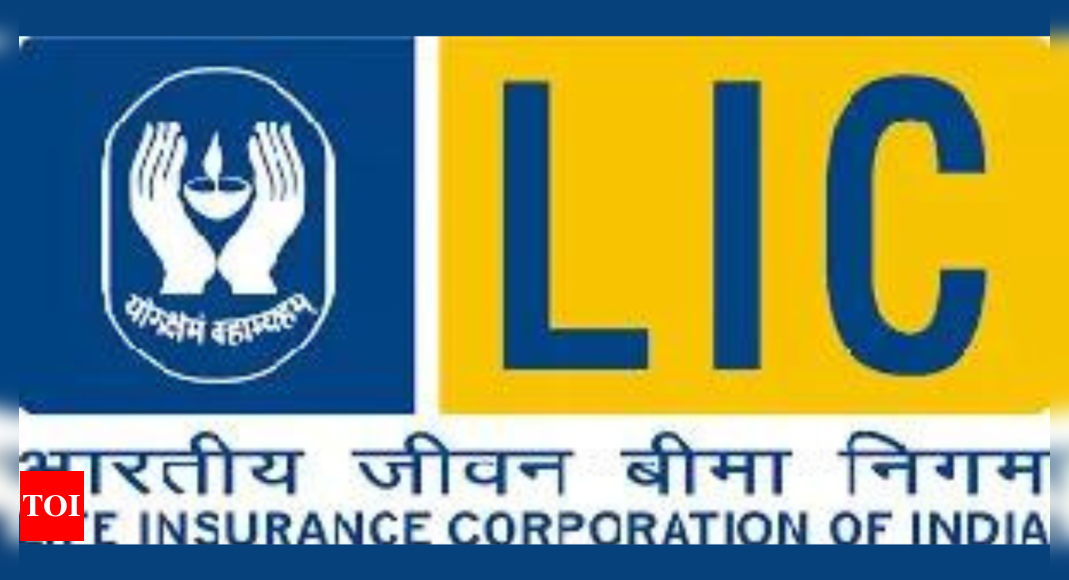The government has granted a one-time exemption to LIC (Life Insurance Corporation of India) to achieve the minimum public shareholding (MPS) requirement within 10 years. LIC, the country’s largest insurer, was listed in May 2022. As part of the initial public offering (IPO), the government sold over 22 crore shares, equivalent to a 3.5% stake in the company. Currently, the government holds a majority stake of 96.5% in LIC. This exemption comes after the government amended regulations earlier this year for listed state-run companies. According to the amended regulation, state-run companies including banks do not need to comply with the minimum public shareholding rule even after their privatisation, if the government decides it is in the public interest. Previously, this exemption was only available for government-controlled companies. This exemption granted to LIC is seen as a move to gradually increase public shareholding and promote transparency in the company, without causing disruption to the market. The exemption will allow LIC more time to adjust its public shareholding without the pressure of meeting the 25% MPS requirement immediately. The one-time exemption is expected to provide LIC with the flexibility to align its shareholding structure and gradually divest the government’s majority stake over the course of the next 10 years. This exemption is a significant step for LIC as it transitions into a listed company and aims to enhance corporate governance and attract long-term investors. The move is also expected to boost investor confidence in the insurance sector and further strengthen India’s capital markets. LIC’s exemption from the MPS rule highlights the government’s commitment to supporting state-run companies in their transition to being publicly-listed entities, while also ensuring that the interests of minority shareholders are protected.
LIC Exempted from Public Stake Rule











